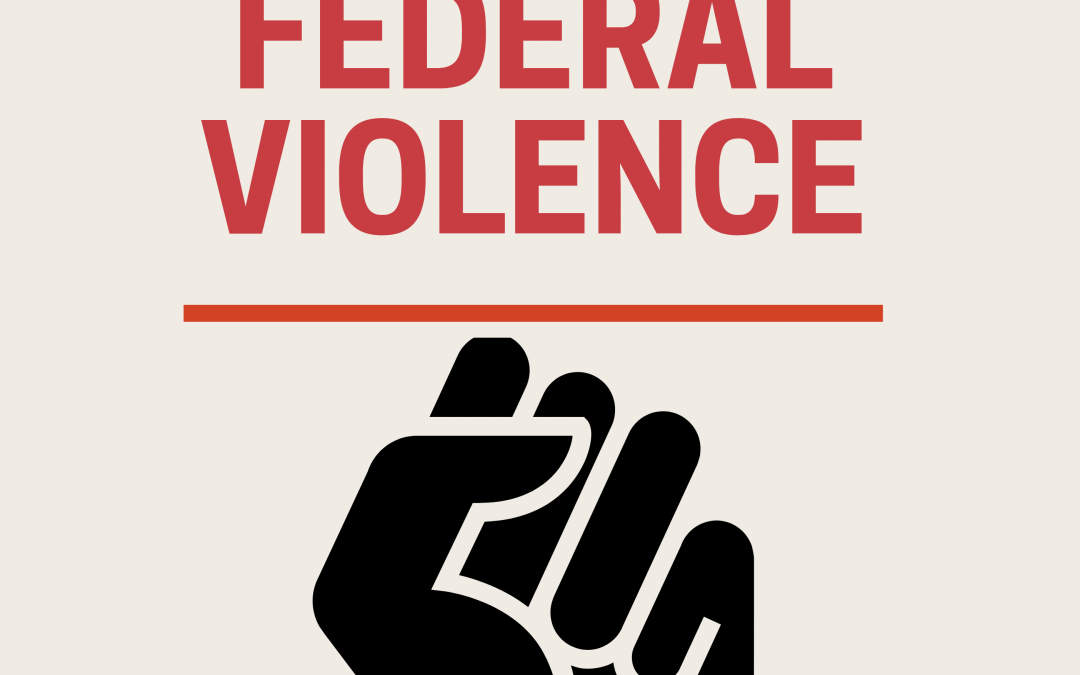Photo: A therapist conducts an online session with a transgender client. Getty images.
From the NASW Legal Defense Fund:
The oral arguments in Chiles v. Salazar centered on whether Colorado’s ban on conversion therapy for minors unlawfully restricts speech or permissibly regulates professional conduct. The justices’ questioning focused on the speech-versus-conduct distinction and the appropriate level of judicial scrutiny, signaling the case’s broad implications for state regulatory authority and clinical practice.
Petitioner Arguments
The Petitioner, Kaley Chiles, argues that her counseling—which focuses on helping clients realign their identity with their biological sex—consists solely of speech and is therefore protected under the First Amendment. She asserts that restricting such conversations amounts to a categorical prior restraint on therapists’ speech and lacks any longstanding tradition of regulation. Her counsel emphasized that applying only rational basis review would give states broad authority to suppress disfavored speech in the counseling room, including views on sensitive issues like divorce or abortion, effectively turning counselors into instruments of the state. The Petitioner maintains that a state’s power to regulate professional conduct should extend only to circumstances where speech is incidental to regulated actions, such as administering medication or performing procedures.
Respondent Arguments
Conversely, the Respondent, Salazar, representing the state regulatory agency, argues that the law regulates professional treatment and conduct, not speech. Counsel maintains that because the law governs only clinical interventions, it does not interfere with First Amendment interests or prevent professionals from expressing their viewpoints about the treatment to patients or others. The Respondent emphasizes that licensed professionals have a duty to act in their patients’ best interests in accordance with established professional standards. From this perspective, the First Amendment does not shield harmful therapeutic practices from regulation, even when those practices are carried out through words rather than physical procedures.
Takeaways
Chiles v. Salazar stands to become a defining case in shaping the balance between First Amendment protections and state authority to regulate the practice of therapy. Its outcome will determine whether counseling conversations can be subject to content-based restrictions or remain shielded as protected speech. A decision applying strict scrutiny could significantly limit licensing boards’ ability to restrict therapeutic practices based on their content, while a ruling favoring rational basis review would reaffirm state power to set and enforce professional standards of care.
Regardless of the constitutional outcome, NASW remains steadfast in its support of the LGBTQ+ community. Permitting licensed mental health professionals to disregard widely accepted, evidence-based practices in favor of interventions that have been proven ineffective and harmful would undermine the very foundation of the mental health professions. To ensure that LGBTQ+ individuals, particularly minors, receive culturally responsive, comprehensive health and mental health care, NASW urges the Supreme Court to uphold the constitutionality of Colorado’s ban.
NASW has joined the American Psychological Association, American Psychiatric Association and 11 other organizations in an amicus brief supporting the respondent in the case, Patty Salazar, executive director of the Colorado Department of Regulatory Agencies. NASW and other mental health organizations argue that conversion therapy has long been proven to be ineffective and not change a person’s sexual orientation, gender identity, or gender expression and the practice is psychologically damaging.


